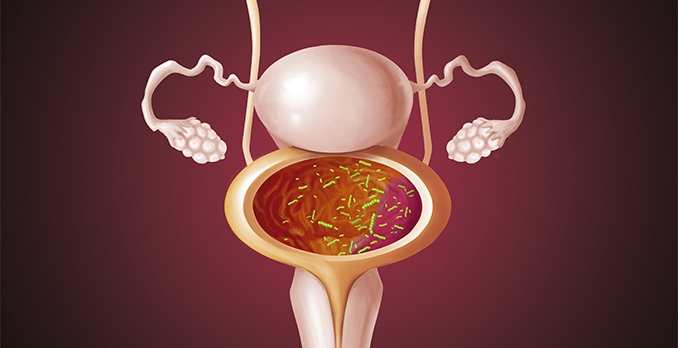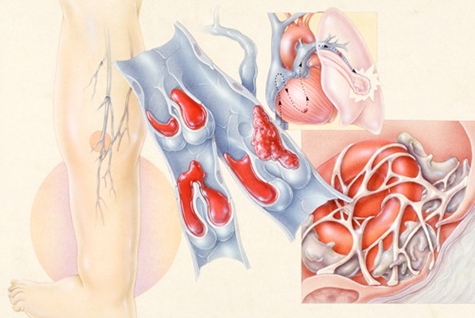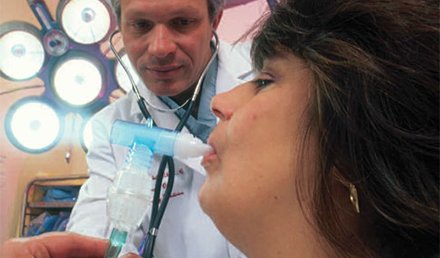Urgent message: Management of face and scalp lacerations requires an appreciation of the unique anatomy, sound repair technique, and consideration of patient expectations for cosmesis. TOYIN FAPOHUNDA-ADEKOLA MD, MBA Lacerations of the scalp and face are commonly seen in the urgent care setting. While these injuries can cause anxiety for both patient and practitioner, the basic tenets and techniques for repair are already well known. Following a systematic approach and appreciating the unique anatomic considerations …
Read More







